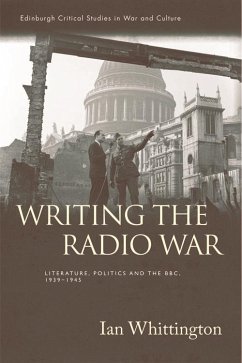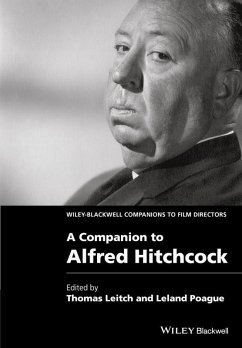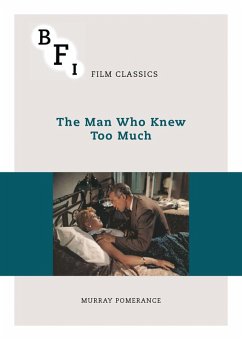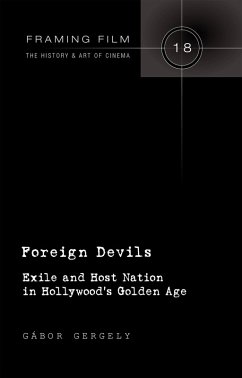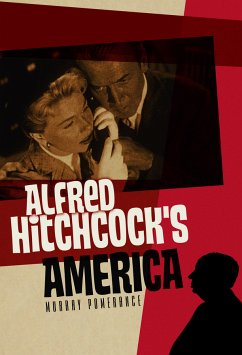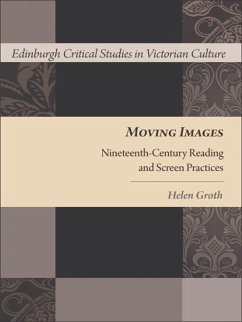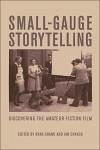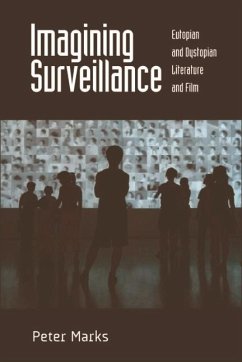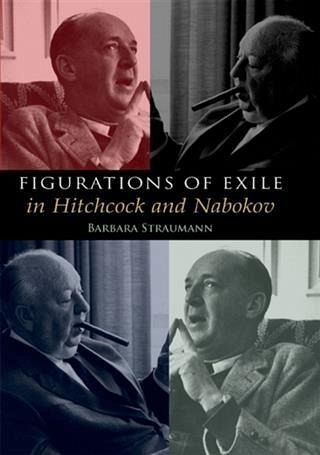
Figurations of Exile in Hitchcock and Nabokov (eBook, PDF)

PAYBACK Punkte
0 °P sammeln!
This comparative study of Alfred Hitchcock and Vladimir Nabokov makes an important contribution to cultural analysis by opening up the work of two canonical authors to issues of exile and migration. Questions about the contingencies of history and the rupture of the real are hardly ever brought to bear on their highly self-reflexive texts. Barbara Straumann counters this critical gap by reading real-life exile as the 'absent cause' of Alfred Hitchcock's and Vladimir Nabokov's brilliant virtuosity. Her 'cross-mapping' of the two seemingly disparate authors takes as its point of departure the co...
This comparative study of Alfred Hitchcock and Vladimir Nabokov makes an important contribution to cultural analysis by opening up the work of two canonical authors to issues of exile and migration. Questions about the contingencies of history and the rupture of the real are hardly ever brought to bear on their highly self-reflexive texts. Barbara Straumann counters this critical gap by reading real-life exile as the 'absent cause' of Alfred Hitchcock's and Vladimir Nabokov's brilliant virtuosity. Her 'cross-mapping' of the two seemingly disparate authors takes as its point of departure the conditions of exile in which they found themselves and goes on to show how the relentless playfulness of their language and irony points to the creation of a new home in the world of signs. Straumann's close reading of selected films and literary texts focuses on Speak, Memory, Lolita, The Real Life of Sebastian Knight, Suspicion, North by Northwest and Shadow of a Doubt and explores the connections between language, imagination and exile.This book is aimed at those with an interest in Nabokov, Hitchcock, Freud, Lacan, cultural theory, media and/or exile.Key Featureso Brings an entirely new perspective to the work of Hitchcock and Nabokov o Discusses psychoanalysis both as a critical approach and as a crucial reference point for the cinematic and literary texts themselves o Analyses figurations of exile in different aesthetic media
Dieser Download kann aus rechtlichen Gründen nur mit Rechnungsadresse in A, B, BG, CY, CZ, D, DK, EW, E, FIN, F, GR, HR, H, IRL, I, LT, L, LR, M, NL, PL, P, R, S, SLO, SK ausgeliefert werden.




